25 Professional Standards
This chapter will provide an understanding of ethical issues and the practice of accepted standards of professional behavior in special education. Ethical concerns are enfolded with the practice of teaching, and perhaps more so for special education. In this chapter, you’ll learn the Council for Exceptional Children’s (the professional organization for special education) standard of ethics for those working with students with disabilities.

council for exceptional children (CEC)
In 2020, the CEC published a set of standards describing the practices that should be part of special education teacher preparation programs, including field and clinical experiences. The CEC webpage, Initial Practice-Based Professional Standards for K-12 Special Educators, describes the programs that must adopt the standards to earn CEC accreditation and enumerates and describes the 7 standards listed below. This document provides the research basis and rationale for each of the CEC initial special education preparation standards listed below.
- Engaging in professional learning and practices within ethical guidelines
- Understanding and addressing each individual’s developmental and learning needs
- Demonstrating subject matter content and specialized curricular knowledge
- Using assessment to understand the learner and the learning environment for data-based decision-making
- Supporting learning using effective instruction
- Supporting social, emotional, and behavioral growth
- Collaborating with team members
This document, Initial Practice-Based Standards for Early Interventionists / Early Childhood Special Educators, provides the research basis and rationale for each of the CEC initial special education preparation standards listed below.
- Child development and early learning
- Partnering with families
- Collaboration and teaming
- Assessment processes
- Application of curriculum frameworks in the planning of meaningful learning experience
- Using responsive and reciprocal interactions, interventions, and instruction
- Professionalism and ethical practice
Advanced Preparation Standards – This webpage describes the programs that must adopt the standards to earn CEC accreditation and enumerates and describes advanced standards listed below.This document provides the research basis and rationale for each of the CEC advanced preparation standards.
- Assessment
- Content knowledge
- Program, services, and outcomes
- Research and inquiry
- Leadership and policy
- Professional and ethical practice
- Collaboration

resources
Guide for Reflection Using Teaching Standards – You can adapt these reflection questions to the CEC Standards to further develop your understanding and plans regarding the professional standards for special educators.
A Framework for Ethical Deliberation in Special Education – A seminal article on ethics in special education that defines ethical stances and uses the Rowley case to illustrate.
The NASET Code of Ethics define the responsibilities of special education teachers to their students, parents, the community and other special educators.

ACTIVITIES
Ethics Discussion Question
Activity 1: Initial post: This part of the assignment asks you to do two things:
- Define principle-based and virtue-based ethics. Please post a well-developed essay (1-2 paragraphs) using academic writing skills to fully define each stance. Make sure to reference the readings to support your position. Note that APA intext citation is required for this section.
- Present your ethical dilemma (2-3 paragraphs). APA intext citation is required for this section.
Think of a situation (in your teaching career or other life experience) that called for an ethical decision. Do not use any personally identifiable details.
State which rule, policy, or personal moral principle was involved. The ethical issue you choose should be a situation in which principle-based ethics would dictate one course of action, while virtue-based ethics would dictate another. Caveat: avoid situations in which your responses are mandated, like reporting suspected child abuse or neglect as a school employee or remaining at the scene of an accident.
- State what a person operating from a principle-based stance would do in that situation.
- State what a person operating from a virtue-based stance would do in that situation.
- Describe which stance you chose and why you chose that course of action.
Activity 2: Response post: Choose a classmate’s post and provide a supported rationale for taking the other stance in their dilemma. Your goal is to incorporate the readings and lift the discussion to a higher critical level (1-2 paragraphs). Make sure to use APA intext citation.
Please use this Google Form to provide your feedback to authors about content, accessibility, or broken links.

